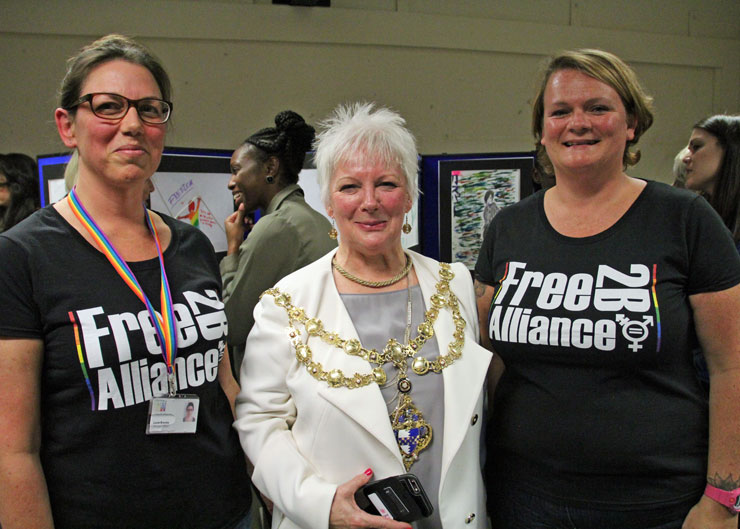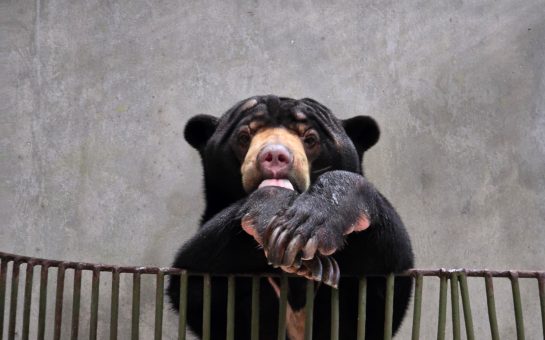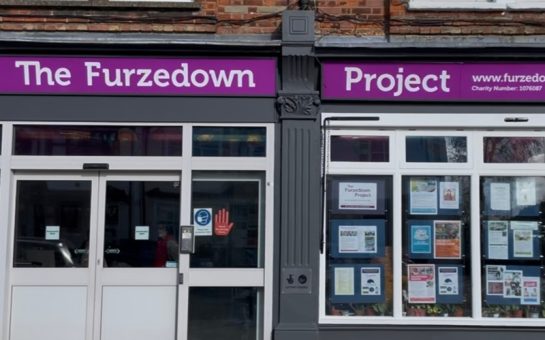Since its creation 25 years ago, World Mental Health Day, held every October 10, has significantly increased awareness of anxiety and depression in society.
According to the World Health Organisation (WHO), more than 300 million people suffer from depression worldwide, and more than 260 million from anxiety disorders.
These illnesses consequently rank as the leading causes of disability, yet with ever more stretched NHS budgets, these conditions rarely receive the support and funding they require.
Figures from mental health charity Youngminds.org show that 1 in 10 children and 1 in 5 young adults suffer from a diagnosable mental health disorder, with half of these problems manifesting by the age of 14.
This problem is even more shocking when looking at the impacts of mental health on LGBT communities.
According to LGBT charity Stonewall , 13% of gay and bisexual men are suffering from moderate to severe depression and anxiety, compared to 7% of the population as a whole, and 55% of LGBT youth have suffered homophobic bullying in school.
While campaigns such as World Mental Health Day undoubtedly do much to bring awareness to an issue which had for many years remained unspoken, the fight against the LGBT mental health crisis remains much more fractious.
Lucie Brooke, director and co-founder of Wandsworth LGBT community organisation Free2B Alliance, said: “While we have achieved equality in law, we are still a very long way from achieving equality in practice.
“Many of our members have experienced direct homophobia, biphobia or transphobia and all are impacted by indirect discrimination, including that from unsupportive family members, which is often further complicated by cultural and religious expectations.”
She notes that these issues are exacerbated in schools through “gendered approaches” to education and the constant division of boys and girls.
Responding to this crisis, fellow co-founder Nicki Ryan adds: “Many mainstream youth services do not provide appropriate support for LGBTQ+ young people, often due to a lack of understanding and awareness of the issues faced.”
This worrying state of affairs is echoed by Lukasz Konieczka, director of services at Mosaic LGBT Youth Centre, who notes: “LGBT welfare is at a critical state; cuts to local authorities funding, and departing EU staff and volunteers have left a deep void.”
Lukasz stresses that LGBT mental health services are nowhere close to being funded to the level required, forcing many vital prevention programmes to shut down in recent years.
This is, as Lukasz notes, a cyclical issue stemming not solely from the underfunding of mental health services, but from austerity as a whole.
He said: “Shrinking budgets even for schools seriously undercut the incomes of small charities, as this is often the only means to being paid for working directly with young people.”
The money that does remain, however, often comes from local CCGs and other micro-commissioning practices, which regularly invest in mainstream and generalised services, which fail to provide the specialised care that LGBT youth require.
Lukasz added: “It is very frustrating, there seems to be confusion among commissioners about how best to serve the needs of LGBT+ youth.”
Lukasz quotes organisations such as the National Citizen Service as an example of a generalised service costing a great deal of money (approximately £1500 per person), which still fails to tackle to needs of LGBT youth.
Many members of Mosaic LGBT Youth Centre indeed report feeling isolated and lonely after using mainstream services for the first time.
Yet in response to this trend, organisations such as Free2B Alliance have worked tirelessly to deliver anti-homophobic bullying training to schools across 5 boroughs, 1:1 support services and mentoring schemes for LGBT youth, parents, and carers.
Mosaic LGBT Youth Centre has offered unique and tailored services including specialised teacher training and dedicated LGBT workshops focusing on welfare and sociology.
They also organise events such as winter retreats and LGBT proms to help avoid isolation typically experienced within heteronormative spaces.
These testimonies show that despite the importance of mental health visibility in tackling stigma, LBGT welfare is much more nuanced.
It is dependent upon an ongoing and increased commitment to specialised and localised services that the crisis of LGBT mental illness may start to be addressed; an issue which cannot be tackled through the homogenisation and underfunding of services.





